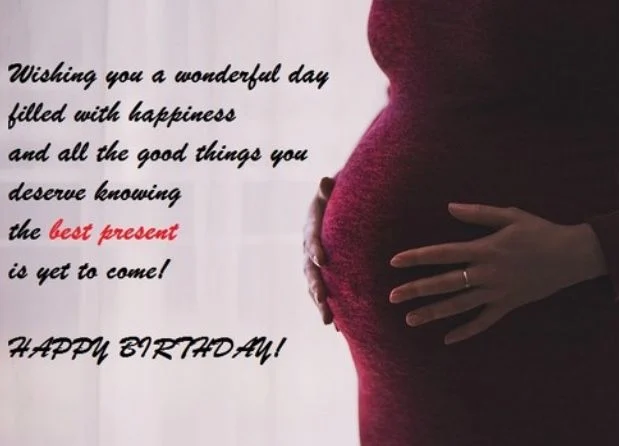In my early twenties, my stepmother once told my younger brother and me, “If I’d had a weapon back then, I would have used it.” This statement was her twisted way of apologizing for the years of harsh words she unleashed upon us—words that belittled, threatened, and mocked. It was her way of acknowledging the nights when she would storm out, leaving us to wrestle with guilt and confusion over what we might have done to provoke her.
I genuinely want to forgive her. As adults, she has softened, becoming more supportive. We’ve come to realize she carries her own scars, likely from being verbally abused in her own childhood. However, letting go of the past isn’t easy.
Her comment about the weapon opened my eyes to the true nature of my experiences, marking the start of a painful realization: my brother and I had been victims of verbal abuse. I began to piece together the complexities of my past, akin to assembling a challenging jigsaw puzzle—one I’d rather not finish.
For years, I told myself, “It was just words. She never physically harmed us.” I thought I should have been tougher, that her words shouldn’t have affected me. I often compared myself to other kids who faced more overt abuse, convincing myself I had it easier since there were no visible scars.
Then, a friend shared an article from Psychology Today titled “The Long Legacy of Childhood Verbal Abuse.” As I read the description of a verbal abuse victim, I felt as if someone was articulating my own experience: “In the wake of continued verbal aggression, it’s hard for a child to sort out whether he or she is feeling afraid, shamed, hurt, or angry.” I nodded along, recalling how frightened I had felt during my teenage years and how I often bottled up my anger until it erupted, leaving me embarrassed and ashamed.
The article continued, detailing how the internalization of cruel, critical words can alter one’s personality, self-esteem, and behavior. “Self-criticism” may sound harmless, but it can lead to self-hatred and crippling insecurities. I found myself tearing up, realizing how deeply these words impacted me, often more than any physical harm could.
Curious, I explored the studies referenced in the article, discovering that social rejection—essentially what verbal abuse amounts to—activates the same areas of the brain as physical pain. Research shows that parental verbal abuse can alter brain structure in children, often in damaging ways. “We know that abuse leaves behind a specific legacy,” Psychology Today concludes.
What legacy has this left for me? I often question whether I’m overreacting, wondering if her words were really that harmful. I think, “I sometimes yell at my kids. That’s normal, isn’t it?” And then it hits me: this is the effect it’s had on me. I’ve become a woman hesitant to acknowledge her pain, constantly justifying and excusing the hurt instead of confronting it.
My stepmother’s comment about the weapon was a moment of clarity. I recognize now that her words carried a degree of violent rage, and I had every right to feel scared. In a way, I want to thank her for helping me see how serious it was, yet what I truly need is not her apology or denial. What I need is to find my own voice, to confront the abuse, and ensure it never happens to my children. I aim to break the cycle and create a future where I can embrace my worth—something I should have been told long ago.
If you’re interested in learning more about the journey of home insemination, you can find helpful insights in our other blog posts, such as those on intracervical insemination. For those seeking additional information on fertility, Make a Mom provides great resources on boosting male fertility. Additionally, the World Health Organization offers valuable information on pregnancy and related topics.
Summary:
Verbal abuse, while often dismissed as mere words, can leave lasting scars that shape a person’s self-esteem and emotional well-being. Acknowledging this abuse is crucial for healing and breaking the cycle for future generations. It’s essential to find one’s own voice and ensure that the cycle of harm ends with us.
